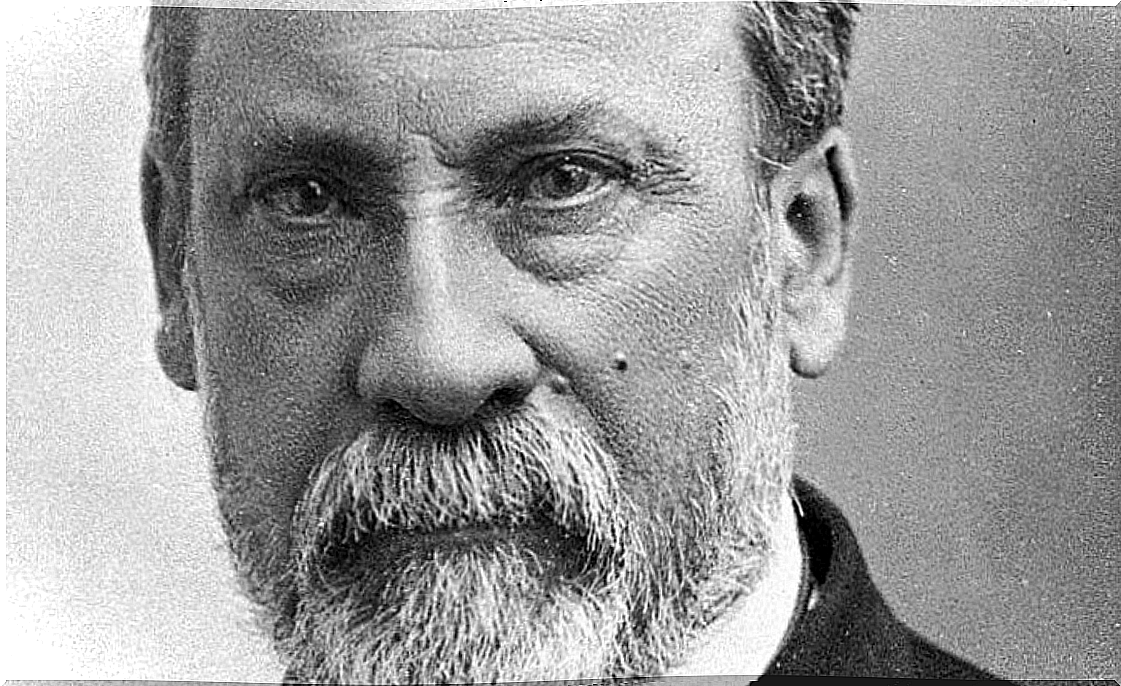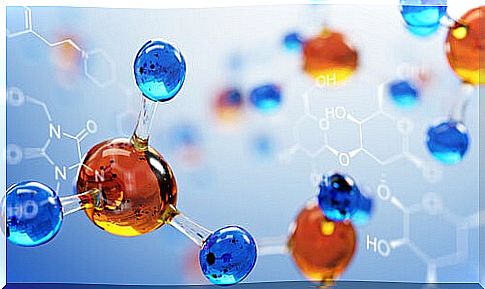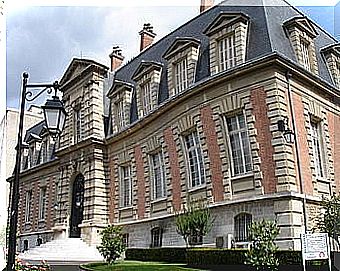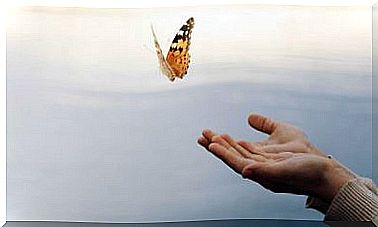Louis Pasteur: Life And Legacy

There are people who, thanks to their ingenuity, manage to surprise humanity. Regardless of the field, throughout history, we find ourselves before several people who, for various reasons, dared to innovate by changing our conception of the world. One of these geniuses was Louis Pasteur who, thanks to his contributions and innovations, managed to establish himself as a pioneer of science.
It is incredible to think that we have had people like him. People to whom we owe countless advances that, even today, continue to promote our progress. However, his work, like that of many other geniuses, was quite controversial in its beginning. The novelty and the change are scary, it seems that they generate a certain rejection and, over time, they are revalued. Today, no one doubts Pasteur’s contributions.
In this article, we will talk about Louis Pasteur, his life and his contributions to the scientific world. Join us in this adventure in which you will find the most relevant contributions of the man who has been considered a pioneer of modern medicine and microbiology.
On the life of Pasteur
Louis Pasteur was a French-born chemist and bacteriologist. He was born on December 27, 1822 in Dola (Franche-Comté, France). In his childhood, he seemed to show a greater interest in art than in books and science; leaning, mainly, for painting.
At school, Pasteur did not show great aptitude in the scientific field, nor did he have a great interest in studies; it was his father who forced him to continue high school. Pasteur obtained the title of bachelor of letters in 1840 and, later, he obtained the scientist in 1842. That same year, he entered the Ecole Normale Supérieure in Paris.
Years later, at the same school, he was a physics teacher, although he would show a deep interest in chemistry. He worked as a chemistry teacher in Dijôn and in Strasbourg. In the latter city, he met Marie Laurent, who would become his wife in 1949. As a result of that marriage, five children were born, of which only two survived; typhus, unfortunately, killed the other three. The children who survived were: Jean-Baptiste and Marie Luise.
As we can see, sometimes geniuses may not quite fit into the educational system and it is not even easy to choose the best option. In the case of Pasteur, nothing in his childhood seemed to indicate that he was going to opt for chemistry and, however, today, his figure is deeply linked to this field.

What were the scientific contributions of Louis Pasteur?
Louis Pasteur left us a great legacy thanks to the scientific discoveries he made and his performance in education. Here are some of his main discoveries, contributions and acknowledgments:
- Dean of the Faculty of Sciences: He was appointed Dean of the University of Lille in 1854.
- Pasteur Institute: founded the Institute in 1887 and directed it until his death. The Institute is one of the pioneers in the prevention and treatment of infectious diseases and, of its many researchers, eight have received the Nobel Prize. Among its contributions, the fact of being the first laboratory to isolate HIV stands out.
- Laboratory: he directed the laboratory of the Ecole Normale de Paris from 1867.
- Optical isomerism: at the Pasteur Institute, he discovered that, in the same way that our hands are not the same, but they are symmetrical, there were almost identical crystals, but with specular symmetry. It solved the mystery of tartaric acid that existed in two forms with identical chemical composition, but with different properties.
- Pasteurization: Louis Pasteur discovered that, in fermentation, two microorganisms were involved. These were two yeasts: one produced alcohol, the other lactic acid. Later, he innovated with a method to eliminate these microorganisms. At first, the industry rejected his ideas, but he managed to demonstrate them and they were accepted.
- Microbial theory: Pasteur discovered that there was an analogy between disease and fermentation. Being able to establish that, just as microorganisms caused the decomposition of some products, there could be some that invade a healthy body causing conditions. These theories led him to investigate contagious diseases.
- Spontaneous generation: it refuted the theory of spontaneous generation, showing that the processes of organic decomposition and fermentation are the result of the action of living organisms. In addition, it showed that the microorganisms that appeared came from outside. A discovery that he achieved through the observation of flasks that contained filters that avoided contact with the outside.
Thanks to his discoveries through microbial theory, he managed to advance in the development of vaccines, something that, today, is still very useful. Pasteurization, for its part, is a wonderful process that guarantees the safety of various food products. Pasteur also left us various antiseptics that have given a radical turn to medical care. Pasteur’s research has contributed to the improvement of the world as we know it today and will probably continue to do so in the future.

Luis Pasteur, his legacy
Pasteur devoted a large part of his life to research. Investigations and discoveries that are reflected in his writings and in those of authors after him, who wrote about his legacy and complemented his work. Even today Pasteur is still referred to as one of the greatest scientists of the 19th century. We highlight the following texts:
- Studies on wine, its diseases, causes that cause them. New procedures for the preservation of aging (1866): This is a work by Pasteur in which he talks about the methods he discovered to eliminate microorganisms that can degrade wine.
- Molecular dysmetria: In this text, Pasteur leaves us the legacy of the dimorphism of tartaric acid. And the opposing action of each of the crystalline forms that it possesses.
- Fermentation Studies (1879/2005) : In homage to Pasteur’s contributions, the site beerbooks.com reprinted the fermentation studies. And he did so as it appeared in his first English version Studies on Fermentation in (1879) and including the scientist’s illustrations.
- Contagious diseases: In several of his laboratory notes, he evidenced his studies on contagious diseases. So, he studied the problem of silkworms, chicken cholera and contagious bovine plerineumonia, among others.
Some current texts continue to quote Pasteur, let’s look at two very recent ones:
- “Reconciling Pasteur and Darwin to control infectious diseases”: This is a scientific article by Alizon and Méthot (2018), in which they suggest that following the historical thread of Pasteur and Darwin would help to reconcile clinical microbuology, ecology and the evolution. In this way, the pathology could be understood in an interdisciplinary way and new therapies could be established. In addition to expanding the efficiency of existing procedures.
- “Thanks Edward. Merci Louis ”: consists of a 2016 article by Daniel Dimaio for the scientific journal Plos One. In it, among other things, he highlights the achievements of Pasteur, especially in relation to vaccines.
Louis Pasteur was definitely a pioneer in his day, considered the founder of microbiology. He is a multifaceted author, who led important advances in the scientific and medical field and who bequeathed us one of the most prestigious research centers at the international level.
A life dedicated to education, research and, ultimately, science. A scientist to whom we owe an incredible improvement in our quality of life, methods that help fight disease and preserve various foods. For these reasons, we can affirm that Louis Pasteur was an incomparable scientist.









